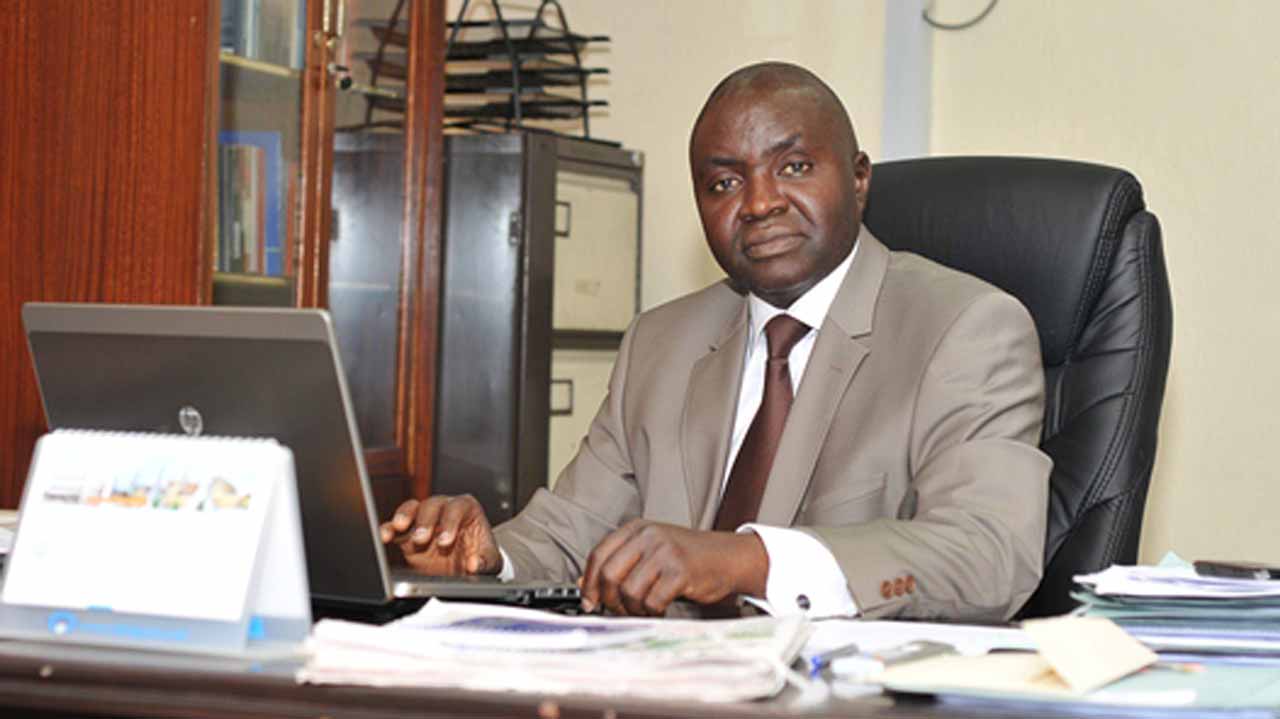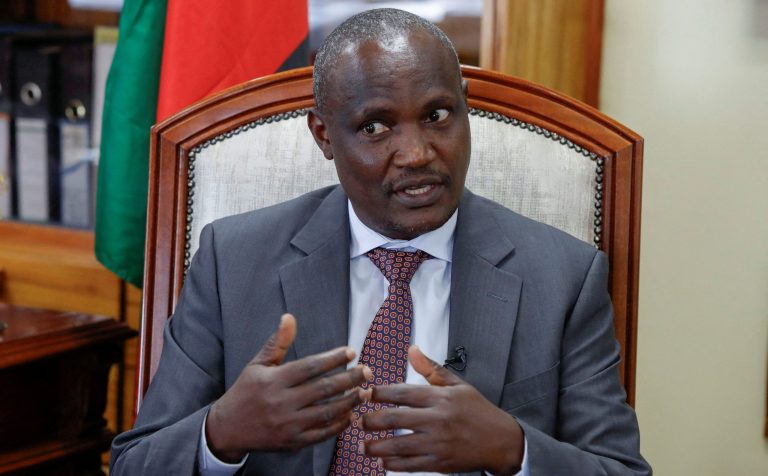
Economist Muda Yusuf says Trump’s remarks risk damaging Nigeria’s image, investor confidence, and financial stability…
The Centre for the Promotion of Private Enterprise (CPPE) has warned that the recent threat of possible military action against Nigeria by United States President Donald Trump could spark capital flight, weaken the naira, and unsettle investor confidence.
Trump, on November 1, directed the U.S. Department of War to prepare for “possible action” against Islamic extremists in Nigeria, accusing the government of failing to stop the “killing of Christians.”
He also threatened to cut off U.S. aid and assistance to Nigeria and subsequently redesignated the country as a “country of particular concern,” citing alleged religious persecution.
‘Trump’s Remarks Have Economic Consequences’
In a statement released on Monday, Muda Yusuf, Chief Executive Officer of CPPE, said Trump’s comments, though “based on incomplete intelligence and misjudged assumptions,” could have far-reaching diplomatic and economic repercussions.
“Regardless of its inaccuracy, the pronouncement has already generated economic, diplomatic, and perceptional consequences for Nigeria,” Yusuf said.
“The statement risks undermining the country’s image as a stable investment destination, unsettling financial markets, and eroding confidence among both domestic and international investors.”
Yusuf noted that Nigeria’s image as a safe investment destination could be damaged, leading to declining foreign direct investment (FDI), capital flight, and naira depreciation.
‘Nigeria’s Conflicts Not State-Engineered’
The economist emphasized that Nigeria’s security crises are complex and multifaceted, not religiously motivated or government-backed.
“Nigeria’s security challenges involve insurgency, terrorism, farmer-herder clashes, banditry, and communal conflicts,” he said. “Victims cut across all ethnic and religious groups. The crises are not state-engineered but largely socio-economic and governance-driven.”
He added that the federal government has consistently prioritised security spending, with defense and security receiving the largest share of recent national budgets.
“Any suggestion of government complicity in these atrocities is grossly misleading and unfair to the present administration,” he said.
Economic Risks and Market Fallout
Yusuf warned that the mere threat of military action by a global superpower could heighten Nigeria’s country risk rating and trigger instability across markets.
According to him, possible outcomes include:
- Falling stock market valuations
- Rising sovereign bond yields
- Increased country risk premiums
- Higher insurance costs
- Decline in venture capital and startup investments
- Capital outflows and portfolio reversals
He further warned that such tensions could tighten Nigeria’s financial conditions, weaken the naira, reduce foreign reserves, and worsen inflationary pressures.
‘Diplomacy, Not Coercion’
To contain the fallout, Yusuf urged the Federal Government to embark on proactive diplomatic engagement with the U.S. government to clarify facts, ease tensions, and protect Nigeria’s international reputation.
He also recommended strengthening security partnerships and improving public communication to reassure global investors of Nigeria’s stability.
“Trump’s remarks are unwarranted, counterproductive, and economically destabilising,” Yusuf said. “Unilateral military action would not only destabilise Nigeria’s economy but also threaten regional stability and worsen humanitarian conditions.”
The economist emphasized that international engagement on Nigeria’s security must remain cooperative, not coercive, and grounded in mutual respect.



